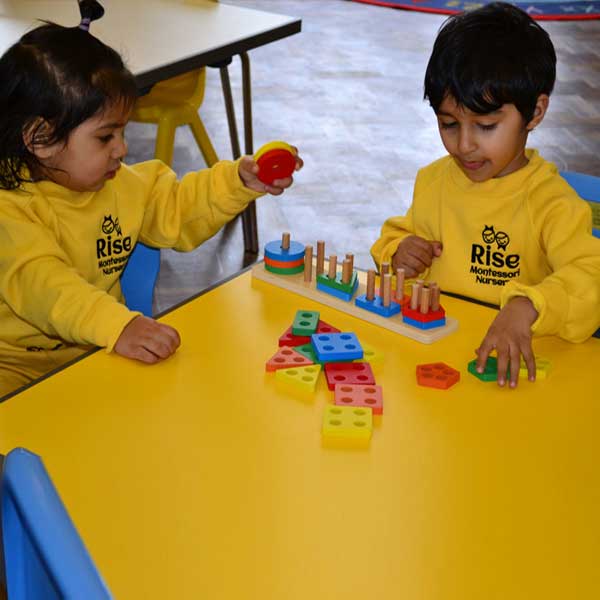In today’s world, the importance of bilingualism from a young age is increasingly recognized. While many parents focus on traditional spoken languages, there are unique benefits to learning a second language that is visually based, such as British Sign Language (BSL). Research has shown that BSL can enhance cognitive development, improve communication skills, and promote inclusivity and empathy.
Cognitive Development:
Studies have consistently demonstrated the positive impact of bilingualism on cognitive development. For children learning BSL, these benefits include:
- Enhanced spatial reasoning: BSL is a visual language that requires individuals to process information and communicate using handshapes, facial expressions, and body language. This can lead to improved spatial reasoning skills, which are essential for subjects like math and science.
- Improved problem-solving: Bilingual individuals have been shown to be better problem-solvers, as they are able to think flexibly and consider multiple perspectives.
- Enhanced memory: Learning BSL requires individuals to remember a large number of signs and their associated meanings. This can lead to improved memory skills in general.
Communication Skills:
Strong communication skills are essential for children’s social and emotional development. Learning BSL can help children to:
- Express themselves more effectively: BSL provides a visual language that can be particularly helpful for children who may struggle to express themselves verbally.
- Understand others better: By learning BSL, children can develop a deeper understanding of individuals who communicate primarily through sign language, promoting empathy and inclusivity.
- Collaborate more effectively: BSL can help children to develop strong teamwork and collaboration skills, as they learn to communicate effectively with others who may have different communication styles.
Inclusivity and Empathy:
Learning BSL can help children to develop a greater understanding and appreciation for individuals who communicate primarily through sign language. This can promote inclusivity and empathy, and help to break down barriers that may exist between hearing and Deaf communities.
Practical Considerations:
Integrating BSL into a nursery setting can be a rewarding experience for both children and teachers. Here are some practical considerations:
- Qualified BSL teachers: It is important to have qualified BSL teachers who can effectively teach the language to young children.
- Engaging activities: BSL activities can be integrated into daily routines, such as during story time, playtime, or mealtimes.
- Resources and support: There are a variety of resources available to support parents and educators who are interested in teaching BSL to children, including online materials, books, and local support groups.
The benefits of early BSL exposure for children are significant. By learning BSL, children can enhance their cognitive development, improve their communication skills, and promote inclusivity and empathy. If you are interested in providing your child with a unique and enriching educational experience, consider incorporating BSL into their early childhood education.

